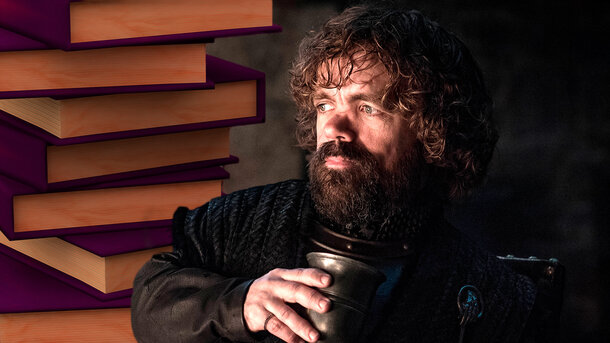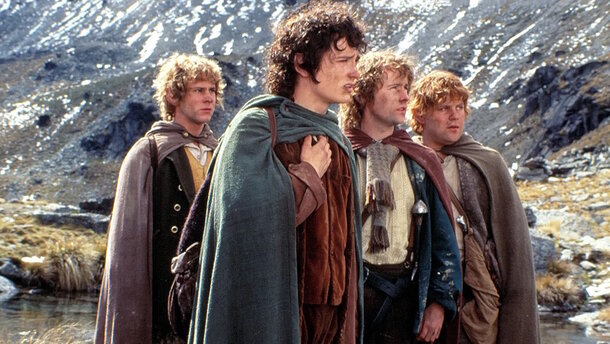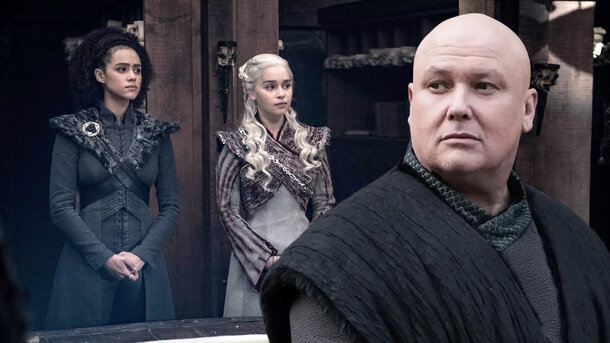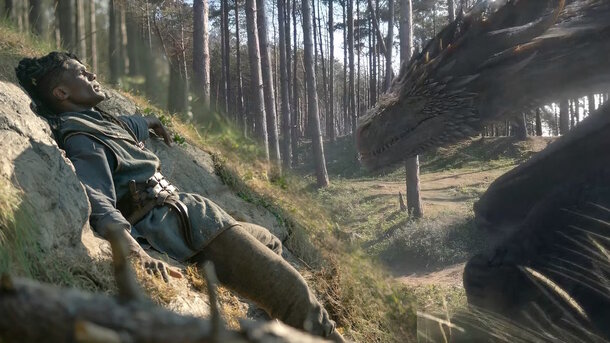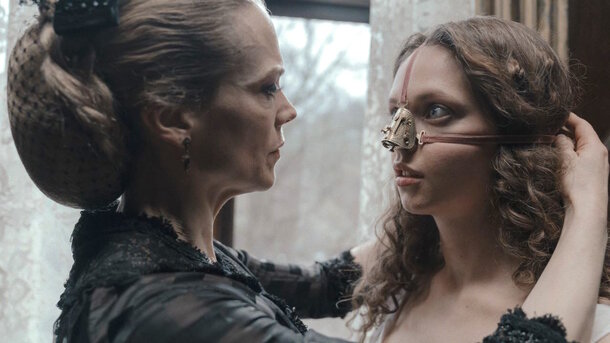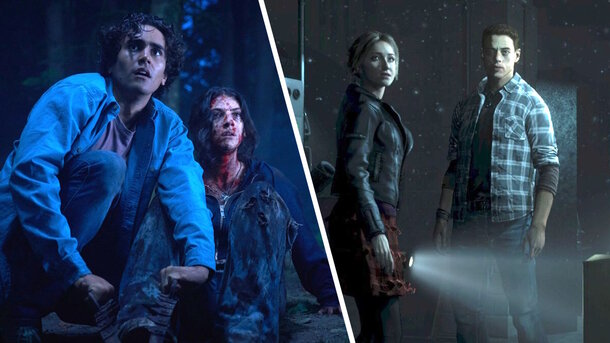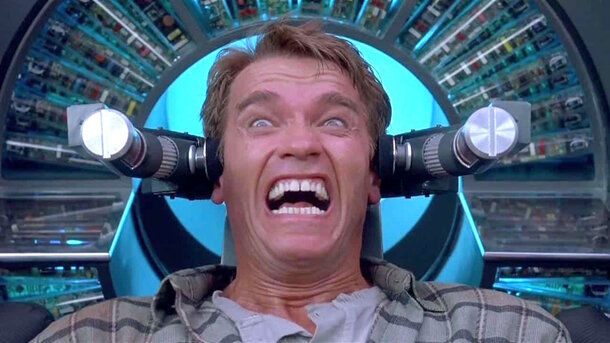Creating a film from a great book is every director’s dream. But some novels seem cursed — no matter how many attempts are made, a worthy adaptation never happens. Sometimes it’s the structure, sometimes the author’s philosophy is too subtle, and sometimes the story itself is too daunting for studios. Here are eight books that remain untouched by cinema.
In Search of Lost Time by Marcel Proust
How do you portray the scent of a madeleine triggering a storm of memories on screen? Few directors are bold enough to try. Proust creates a literary stream of consciousness in which time stretches, folds, and plays with the reader. Translating that into film is like trying to catch smoke with your hands — the risk of losing the essence is enormous.
Blood Meridian by Cormac McCarthy
McCarthy has already given us dark cinematic stories like No Country for Old Men, but Blood Meridian has proven too tough a nut to crack. The tale of a brutal gang along the U.S.–Mexico border demands such unflinching depictions of violence that it scares off both audiences and studio execs. Every attempt to bring it to the screen stalls over the fear of alienating viewers — it’s a story too heavy even for fans of bleak westerns.

The Poppy War by R.F. Kuang
A fantasy epic filled with Chinese mythology, magic, and military drama, all set against historical trauma — this would require not just Avatar-level budgets, but also rare artistic sensitivity. Stunning visual effects and shamanic rituals intertwined with devastating human stories — no one has yet dared to bring this complex blend to the screen.
Infinite Jest by David Foster Wallace
Nearly a thousand pages and hundreds of footnotes — Wallace created something more like a maze than a novel. Every detail, every digression is part of a vast, interwoven web of meaning. How do you convey that scale and manic energy without drowning in exposition? So far, the answer is: you don’t.
The Silmarillion by J.R.R. Tolkien
If The Lord of the Rings is a structured epic, then The Silmarillion is a layered mosaic of myth and legend. It lacks a central storyline or hero — it would unfold as a vast panorama spanning entire ages. Even Amazon’s The Rings of Power series only scratched the surface of this abyss. A full adaptation of The Silmarillion would demand unprecedented investment and creative risk — something few are willing to take.

House of Leaves by Mark Danielewski
This novel is a screenwriter’s worst nightmare. The story is told through a narrative within a narrative, formatted in bizarre fonts, colors, and spatial experiments on the page. It feels more like a labyrinth than a book. Adapting this puzzle for the screen would mean completely rethinking what cinema even is.
A Song of Ice and Fire by George R.R. Martin (in full)
Yes, the Game of Thrones series became a massive hit, but it only covered part of Martin’s saga. Countless characters and plotlines were left out or heavily simplified. A true, text-faithful adaptation of all the nuances in A Song of Ice and Fire would be a monstrous undertaking — multi-season, massively expensive. A dream no one’s dared to fully attempt.
